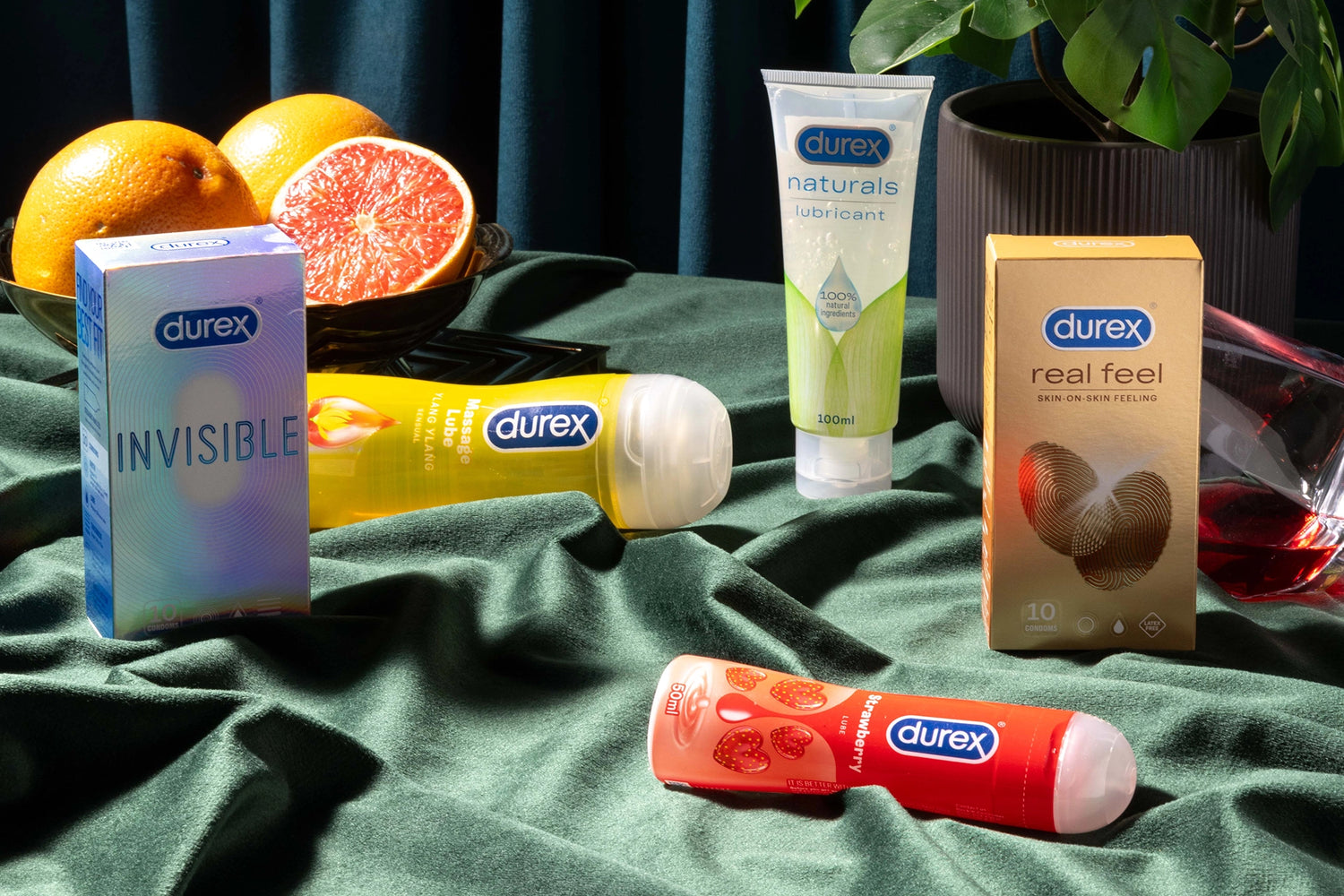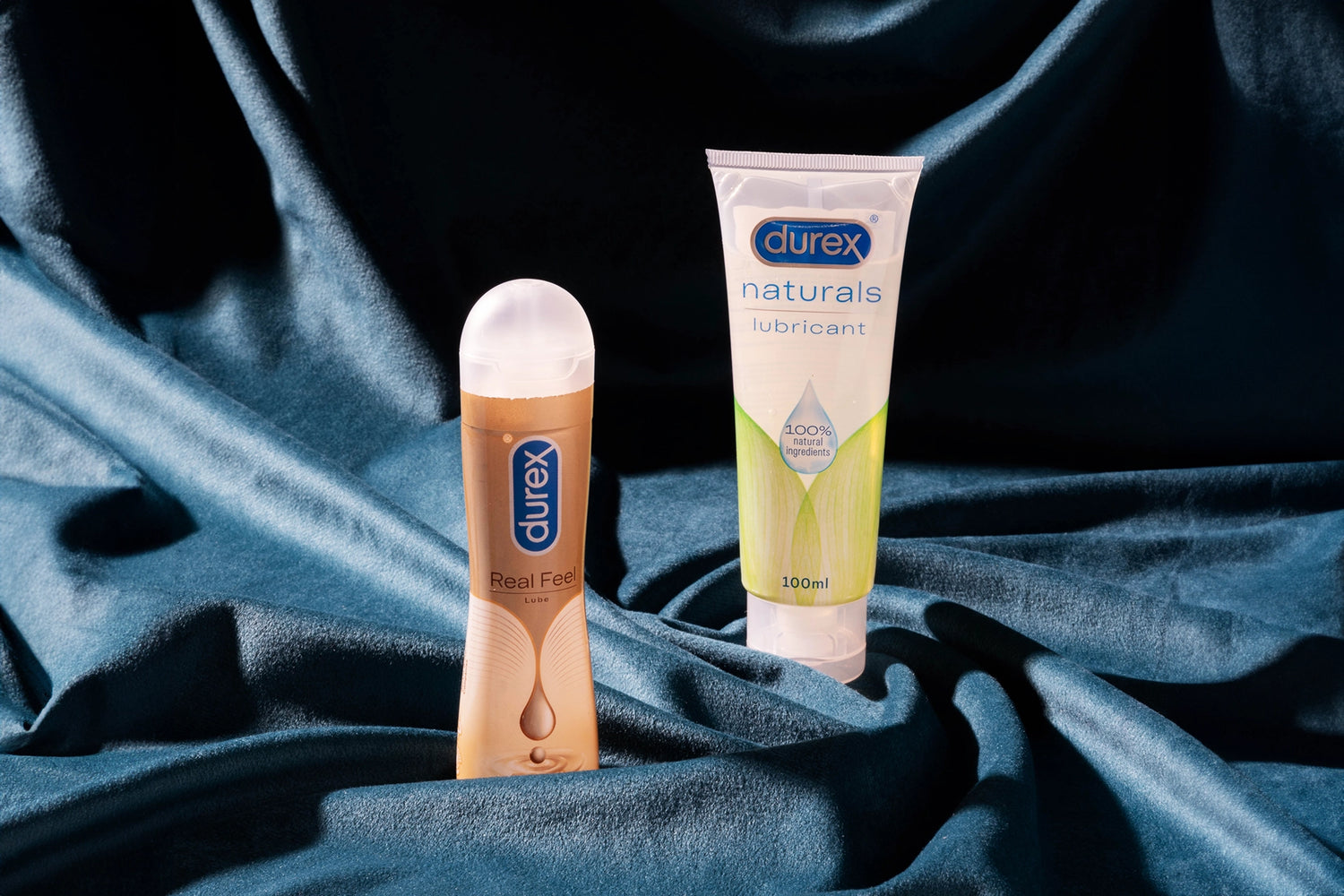
So the lights are low, the tension's high, and your bodies? Oh, they're so ready. But just when it's about to get delicious… boom, that one pesky thought creeps in: "Wait, what if this gets me pregnant?"
Total buzzkill, right?
If that fear's been playing third wheel in your sex life, it's time to kick it out. Because intimacy should be full of yes, please, and more of that, not "Is this the right day?" or "Did we pull out in time?"
Let's turn the focus back to fun, not fear. Want to know how to use condoms to avoid pregnancy without ruining the mood? Let's break it down. Condoms are your best friend in bed (next to your actual partner). No awkward pauses. No oops. Just good vibes, good moves, and peace of mind.
Out with the Old, In with the Safe
Still depending on the pull-out method or tracking "safe days"? Whew. That's risky business.
Because honestly, counting on your cycle to be a perfectly timed science project? Not happening. Hormones shift. Stress throws everything off. And the withdrawal method? Let's just say it's more miss than hit.
Enter: Condoms, the MVP of stress-free pleasure. They're ready when you are, easy to use, and don't make you pause the mood to find a calculator.
Suggested Read - Efficiency of condoms in keeping pregnancy at bay
How to Use a Condom Without Killing the Mood?
Knowing how to use condoms to avoid pregnancy is less about being clinical and more about owning your pleasure with confidence. No one wants to be mid-makeout and fumble like it's their first time opening a snack bag. Mastering how to use condoms to avoid pregnancy means no last-minute panic and no fumbling in the dark.
Let’s get this part smooth and sexy:
1.Tear it Gently: Use your fingers, not teeth or claws.
2. Check the Roll Direction: If it looks like a chef's hat, you've got it.
3. Pinch the Tip: Squeeze out the air (just the air, don't worry).
4. Roll it all the Way: No half measures; roll it from the tip down to the base like a pro.
5. After the Party: Hold the base, slide it out, wrap it up, and bin it (not the toilet, please).
Bonus tip: More isn’t safer here. Using two condoms at once increases friction and actually raises the risk of tearing. One well-used condom does the job just fine.
The Truth About "Timing It Right"
Sure, knowing your cycle is smart. But relying only on ovulation tracking to avoid pregnancy? That's like using a map from 1995 to navigate a new city. Things shift. Stress, diet, travel. Your body isn't a robot.
A lot of couples Google when to have intimacy to avoid pregnancy, but honestly? That's a risky game. Instead of guess-and-stress, just put on a condom. It lets you stay present in the moment, not stuck in your head.
Lube Me Right, Lube Me Smooth
Adding lube? Chef's kiss. But here's what you need to know:
● Water-based lubes are a perfect match.
● Oil-based products (such as baby oil or coconut oil) are a total no-no with latex.
Oil weakens condoms, and that's not what we want when we're trying to avoid surprises. So go for intimacy-safe, condom-friendly options and let things glide along just right.
Okay, But Do Condoms Really Work?
Short answer? Yes. Long answer? Hell yes, if you use them right.
If you've been asking how to avoid pregnancy during intimacy without turning things clinical, condoms are your best bet.
When used correctly, condoms are up to 98% effective at preventing pregnancy. That's a pretty solid win compared to guessing what day it is or hoping for the best. Still unsure about how to use condoms to avoid pregnancy effectively? It comes down to a few simple tricks and good habits.
Just remember:
● Store them in a cool place (not your car or back pocket).
● Use a lube for extra glide: less dryness, less friction, better comfort.
● Follow the steps above and enjoy the moment without the mental math.
Condoms: Not Just for Baby-Proofing the Bedroom
Yep, condoms are great at blocking pregnancies. But that's not all. They're also your front-line defence against STIs, especially those that can't be detected with the naked eye.
So when you slide one on, you're not just thinking ahead; you're caring for your body and your partner's. That's hot.
Keep It Spicy, Not Stressy
Condoms are not the enemy of intimacy. They're the unsung heroes of a worry-free good time. With Durex condoms, you can go all in without pulling back at the last second (literally). They're easy, reliable, and give you that glorious thing called freedom.
There's nothing sexier than knowing exactly how to use condoms to avoid pregnancy and still keep things hot.
So the next time you're getting close and that little voice starts asking, "Is it safe right now?" you can smile, slide it on, and say, "Oh, it absolutely is."
Source:
https://my.clevelandclinic.org/health/treatments/9404-condoms








